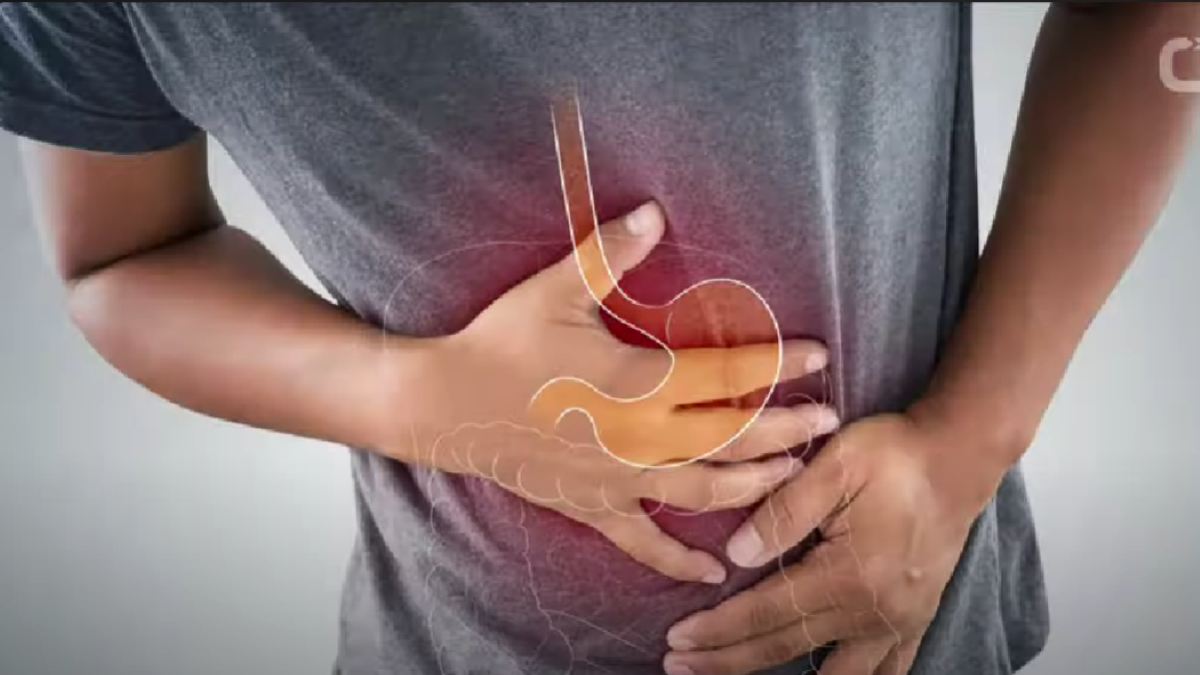Covid Diarrhea: Exploring the vast repercussions of the global COVID-19 pandemic transcends mere respiratory concerns, delving into the intricate nuances of gastrointestinal implications, particularly the phenomenon of Covid diarrhea, which emerges as a noteworthy facet of this complex disease.
In this discourse, we navigate the convoluted relationship between COVID-19 and gastrointestinal symptoms, unraveling the mechanisms, prevalence, and wide-reaching implications for individuals and healthcare systems alike.
Decoding the Enigma of Covid Diarrhea:
While the defining features of COVID-19 have often been linked to respiratory distress such as cough and shortness of breath, the narrative takes an unexpected twist with reports of gastrointestinal symptoms, notably diarrhea, introducing a layer of intricacy to the disease’s profile. Covid diarrhea, marked by the occurrence of loose, watery stools in those infected with the SARS-CoV-2 virus, becomes a focal point demanding our analytical scrutiny.

The Ebb and Flow of Prevalence and Incidence:
Research endeavors unveil a canvas where gastrointestinal symptoms, including the often-overlooked diarrhea, carve a niche in the narrative of COVID-19. Studies suggest that approximately 10-20% of individuals grappling with COVID-19 may find themselves entangled in the intricate dance of gastrointestinal manifestations, with diarrhea asserting itself as a prominent player. The virus’s audacity to infiltrate the gastrointestinal tract provokes contemplation on its proclivity for multi-organ involvement and the intriguing prospect of fecal-oral transmission.

Mechanisms and the Intricacies of Pathophysiology:
The mechanisms orchestrating the symphony of Covid diarrhea are a tapestry of complexity. The virus, armed with its ingress through the angiotensin-converting enzyme 2 (ACE2) receptors, does not confine its influence to the respiratory realm alone; it extends its tendrils into the intricate landscape of the gastrointestinal tract. Once the virus permeates intestinal cells, a cascade of inflammation ensues, disrupting the harmonious functioning of the gastrointestinal system and culminating in the manifestation of diarrhea.
Furthermore, the viral impact on the gut microbiota, the microscopic community inhabiting the digestive tract, introduces another layer to this gastrointestinal saga. Covid diarrhea emerges as a potential consequence of the virus reshaping the delicate balance of gut bacteria, inducing dysbiosis and subsequent digestive disturbances.

Navigating the Clinical Maze:
The presence of Covid diarrhea injects a dose of complexity into the clinical tapestry of managing COVID-19 cases. Vigilance becomes paramount as clinicians traverse a nuanced terrain where gastrointestinal symptoms may perform a solo, distinct from the respiratory ensemble. Monitoring and managing dehydration, a potential accomplice of diarrhea, ascend to prominence in the comprehensive care strategy for COVID-19 patients.
Moreover, the specter of fecal-oral transmission looms large, prompting a reconsideration of the virus’s residence in the gastrointestinal tract and its implications for viral shedding. This contemplation underscores the gravity of stringent hygiene practices, transcending the respiratory realm to guard against potential transmission through contaminated surfaces or fecal matter.
Public Health Odyssey:
The recognition of gastrointestinal symptoms, with Covid diarrhea as the protagonist, unfurls broader implications for the choreography of public health strategies. The silent contribution of asymptomatic individuals or those adorned primarily with gastrointestinal symptoms to the viral spread necessitates a recalibration of public health campaigns. The clarion call resounds, emphasizing the imperative of a holistic grasp of COVID-19’s diverse presentations and spotlighting the significance of testing and self-isolation even when the classical respiratory overture remains dormant.

In Conclusion:
In the tapestry of unraveling the gastrointestinal implications of the virus, Covid diarrhea emerges as a captivating thread in the grand design of the COVID-19 spectrum. As humanity continues to navigate the unpredictable terrain of this pandemic, a profound comprehension and nuanced approach toward the varied manifestations of the virus stand as imperative. From the clinical tableau to the canvas of public health, acknowledging and probing the gastrointestinal dimensions of COVID-19 become essential pillars for a comprehensive and efficacious management paradigm.

Frequently Asked Questions (FAQs) about Covid Diarrhea:
- What is Covid Diarrhea?
- Covid diarrhea refers to the occurrence of loose, watery stools in individuals infected with the SARS-CoV-2 virus. It is one of the gastrointestinal symptoms associated with COVID-19.
- How common is Covid Diarrhea in COVID-19 cases?
- Gastrointestinal symptoms, including diarrhea, are reported in approximately 10-20% of COVID-19 cases. While respiratory symptoms are more common, Covid diarrhea is a recognized manifestation of the disease.
- What are the mechanisms underlying Covid Diarrhea?
- The virus enters the body through ACE2 receptors, which are present not only in the respiratory system but also in the gastrointestinal tract. Infection of intestinal cells can lead to inflammation and disruption of normal gastrointestinal function, contributing to diarrhea.
- Is Covid Diarrhea a symptom of severe COVID-19?
- Covid diarrhea can occur in both mild and severe cases of COVID-19. It is essential to monitor all symptoms, including gastrointestinal manifestations, for a comprehensive understanding of the disease’s progression.
- How does Covid Diarrhea impact clinical management?
- The presence of diarrhea in COVID-19 patients adds complexity to clinical care, requiring vigilant monitoring for dehydration and tailored interventions. Clinicians should be aware that gastrointestinal symptoms may not always coincide with respiratory manifestations.
- Can Covid Diarrhea lead to dehydration?
- Yes, like any form of diarrhea, Covid diarrhea can lead to dehydration. Individuals experiencing diarrhea, especially if persistent, should prioritize fluid intake to prevent dehydration.
- Is there a risk of fecal-oral transmission with Covid Diarrhea?
- There is a potential risk of fecal-oral transmission, as the virus can be present in the gastrointestinal tract. Strict hygiene measures, including proper handwashing, are crucial to prevent the spread of the virus.
- Are asymptomatic individuals at risk of spreading Covid Diarrhea?
- Asymptomatic individuals or those with primarily gastrointestinal symptoms may contribute to the spread of the virus. It is important to recognize the diverse presentations of COVID-19 and adhere to testing and isolation protocols.
- How long does Covid Diarrhea last?
- The duration of Covid diarrhea can vary among individuals. It may be a temporary symptom or persist for several days. Monitoring overall symptoms and seeking medical advice is recommended for proper management.
- Are there specific treatments for Covid Diarrhea?
- Treatment for Covid diarrhea focuses on supportive care, including adequate fluid intake to prevent dehydration. In severe cases, medical attention may be required. Consultation with healthcare professionals is essential for personalized guidance.






